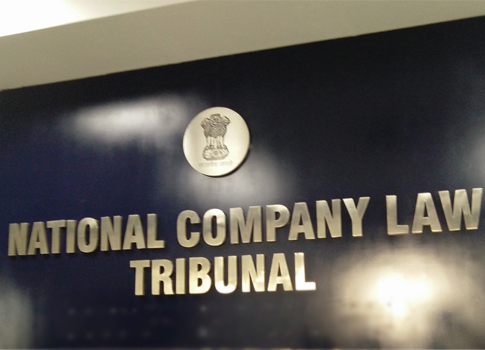Hearing Constitutional Validity Of IBC/NCLT Barred: SC to HC
On January 25, the Gujarat High Court was directed to keep bay from any debate relating to the validity of the Insolvency and Bankruptcy Code, 2016 or the constitutional validity of the National Company Law Tribunal, by ten Supreme Court.
A petition regarding a pending matter in the Gujarat High Court was being heard by the Bench of Chief Justice Dipak Misra and Justices A M Khanwilkar and D Y Chandrachud. The petition is not debarred from challenging the validity of composition of the National Company Law Tribunal and the validity or the constitutionality of the Insolvency and Bankruptcy Code, 2016 in front of the Supreme Court under Article 32 of the Constitution, as ordered by the bench.
Earlier in December, 2017, notice was issued by the Gujarat High Court in another petition challenging constitutional validity of the Insolvency and Bankruptcy Code, 2016 and the recent ordinance barring Promoters from submitting a resolution plan.
Post the initiation of action by the petitioner against its financial creditor Canbank Factors Ltd., it approached the High Court under the Code while a payment of an amount over Rs. 9 crore was pending before a Civil Court, was up for debate.
It has challenged Sections 5(7) (definition of financial creditor), 6 (persons who may initiate corporate insolvency resolution process), 7 (initiation of process by financial creditor), 12 (time-limit for completion of insolvency resolution process), 29 (preparation of information memorandum), 214(f) (obligation of information utility), 231 (bar of jurisdiction) and 238 (Code to override other laws) of the Code.
Arguing that there exists no intelligible differentia in the classification of a financial credit and operational creditor in the Article 14 of the Constitution of India, the petition points out the difference in mechanism prescribed for the two creditors.
The petitioners also argues that it is clear that barring willful defaulters is unfair as the process of deciding who a willful defaulter is, rests completely with bankers who are biased in the matter as their interest lies in the recovery of the loan amount.
No difference between defaulters and willful defaulters is made by the IBC, it punishes both equally.
Additionally, it challenges Sections 17 and 20, stating that these place the management of affairs of the corporate debtor in the resolution professional, who "would have no expertise or experience in the business of the corporate debtor, which solely vests with the promoters, directors, etc. of the corporate debtor, and thereby putting the entire business of the corporate debtor at stake".
It states that this violates Article 19(1) (g) of the Constitution of India, which guarantees freedom of occupation, trade or business.



